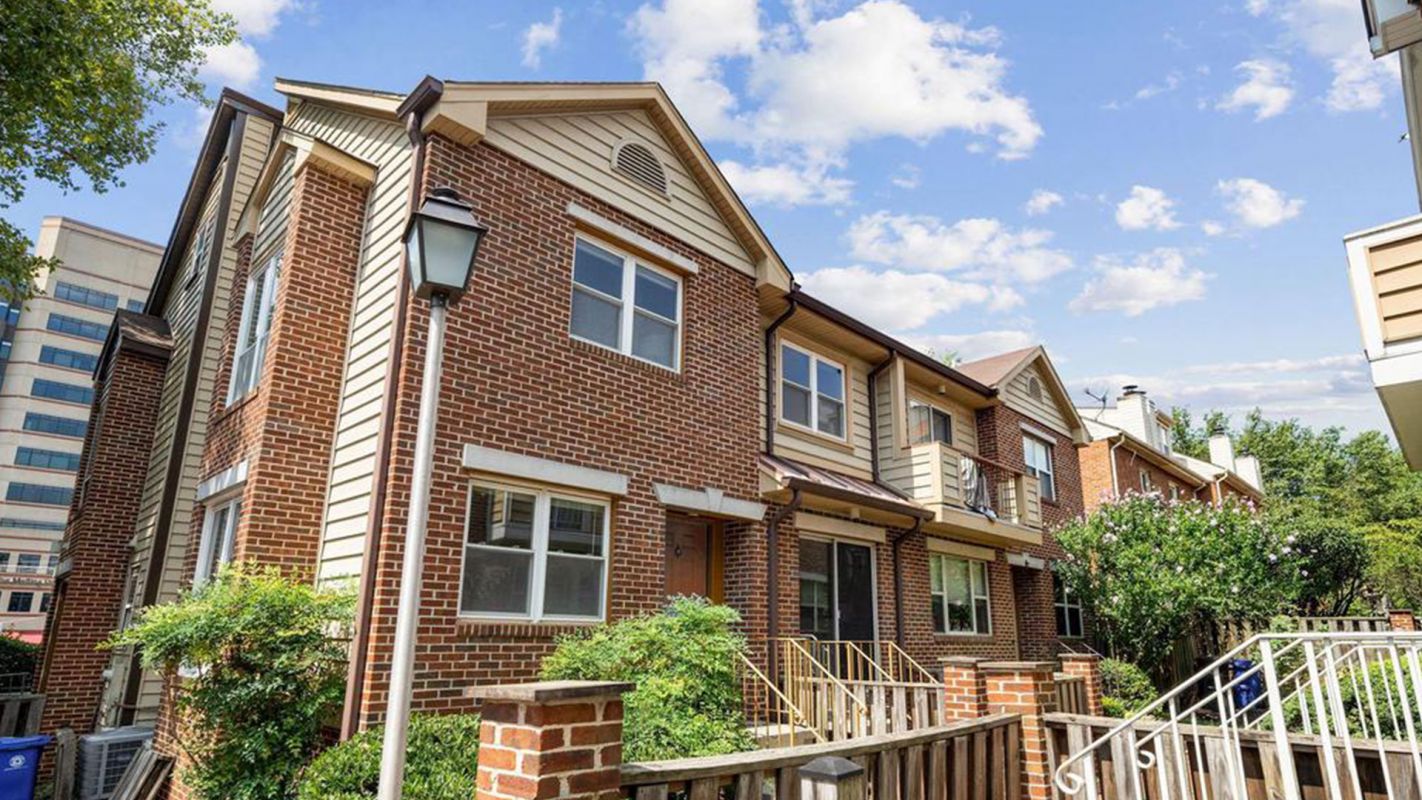Real estate has the potential to give you consistent returns over a long period. The greater returns available attract many to buy their first investment property to take advantage of this. However, this is easier said than done. Though you can get great returns on your investments, it is not necessarily the case. It depends on the market dynamics and a host of other factors.
You cannot expect instant returns with real estate. Seasoned investors know this and thus hire a real estate consulting service to take an informed investment decision.
Nevertheless, it is never late to start. However, this entails detailed research, vetting, and understanding the real estate market before choosing a property that could become a cash cow. Let’s walk you through the process of buying your first investment property.
Factors to consider before investing in real estate
Time investment
Investing, maintaining, and monitoring your real estate properties can take a significant amount of time. You will need to oversee repairs, renovations, collect rent from tenants and pay for utilities you are responsible for.
Low liquidity
Real estate is a highly illiquid investment. If you want to sell your rental properties, it can take months to get a fair deal.
High capital requirement
You will need a significant amount of money to buy the property. This includes a 20% down payment, closing costs, and the remaining capital that has to be paid in predefined installments.
Unpredictability
Although the rental income is usually consistent, there could be times when your investment property lies vacant for want of lease or if your tenant defaults on his rent payments for months.
What you should know before you buy your first investment property
First and foremost, ask yourself these questions-
- Are you financially secure? How much risk can you take with your money?
- If things do not go as planned, do you have the financial cushion to weather the storm?
These are important questions for two reasons-
- Even seasoned real estate investors consider investing in investment properties to be riskier than investing in Real Estate Investment Trusts (REITs) or stocks.
- You have to be extremely sure you can handle any setback that might come your way- your investment property might stay vacant for more time than expected, or you may need to pay for damages done due to unexpected disasters.
Though real estate investments are considered stable, low-risk, and high-yielding, this is always not the case. If you invest without doing your homework well, there is the chance you’ll regret your investment for life.
Here are some things no one will tell you before investing in real estate
Know the local real estate market well- Your journey towards consistent returns from real estate doesn’t start with you buying the property, it starts with you knowing the local property market well. In fact, the property purchase is usually considered the last step in your journey to investing in rental properties.
To know the market well, you have to talk to local investors and real estate agents to see how the market functions and where there are pain points that you can solve. Furthermore, you need to research well about the market to know what it provides and which rental properties are much in demand.
Get your finances in order- Before applying for the loan, ensure your financial credentials are squeaky clean. Pay off your debts and ensure your credit score is in positive territory. You will need this to apply for a conventional conforming loan matching the lending standards for the Fannie Mae or Freddie Mac or any other type of bank loan, including the jumbo loan option.
You can still buy a property if you have less money to spare for the down payment. Here are some of the unconventional ways you can buy your investment home-
- House-hacking – This essentially means owning and staying in a multi-unit home where the other units are given on rent. Here, the entire property is considered a primary residence. This allows you to buy such property at existing interest rates.
- Second-home financing- This is financing for a home that you may use for some part of the year. For example, you could finance a vacation home that you intend to rent at other times of the year. Financing a second home requires lower down payments than usual investment home financing. The qualification for financing is also less stringent than investment property financing.
- Home equity- You can use the value of your current residence to get a home equity loan for investing in residential real estate. However, this can be risky as you are putting your own home at risk in the case of a fall in property prices.
- 401k loans- Depending on your plan, you could borrow as much as $50,000 from your retirement savings account. Though this is an extremely risky maneuver, it can help you get consistent income in your old age. What’s more, missed payments aren’t reported to the authorities, which gives you time to make the payments as and when needed.
Vet the property well and make an offer- Once your finances are in order and you are satisfied with your research, you can then proceed to choose a property and invest in it. As this is your first investment property, do not go overboard, bite only as much as you can chew.
Summing it up
Remember, no deal is perfect. You might have made some mistakes while choosing your property. Learn from it and move on. Only if you have the stomach and capability to take the risk, should you think about investing further. Remember, even investing in one property can be time-consuming for you. If you do not have time, it is best to hire a real estate consulting firm that’ll take a cut but work in your best interests.













